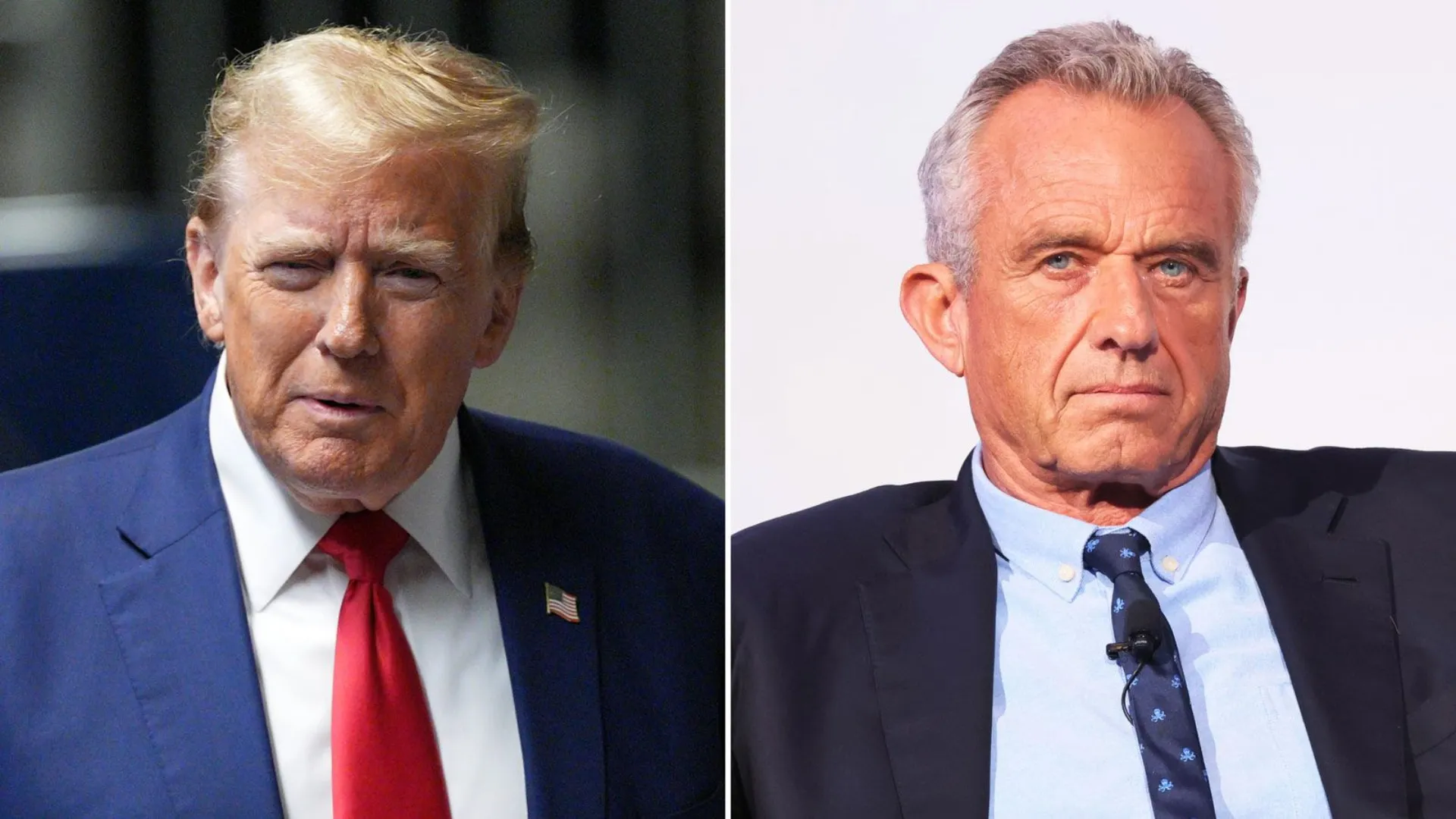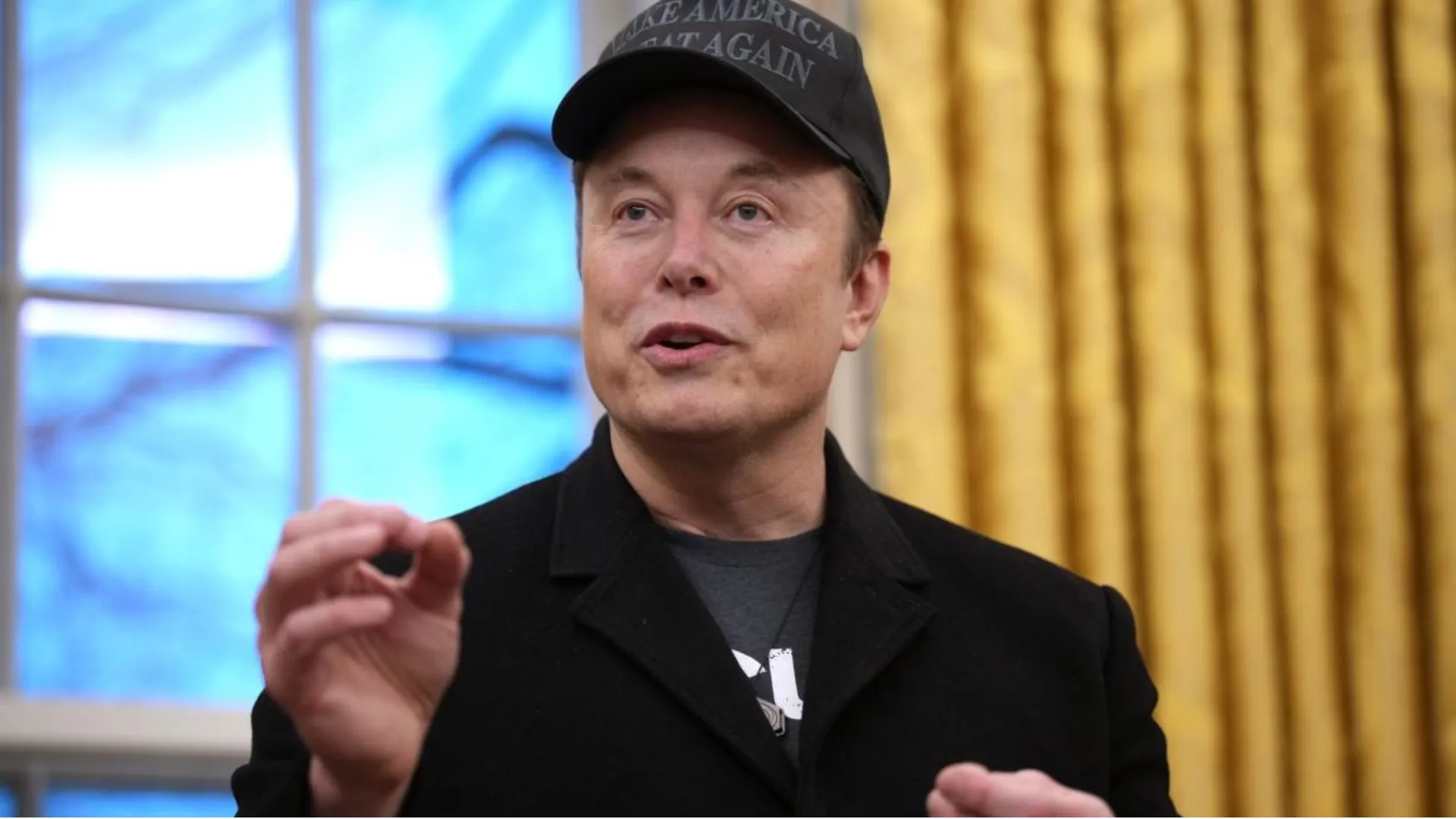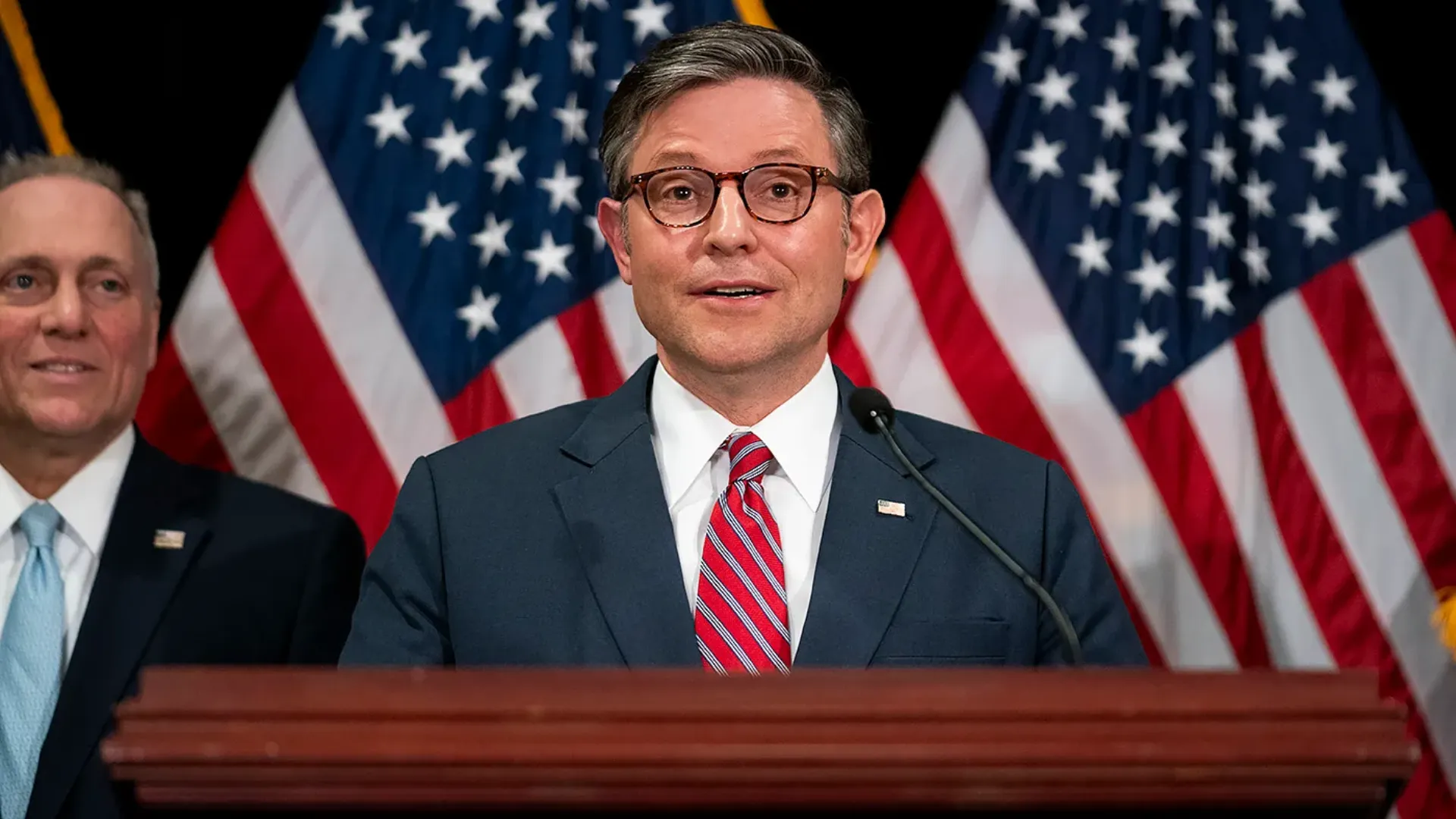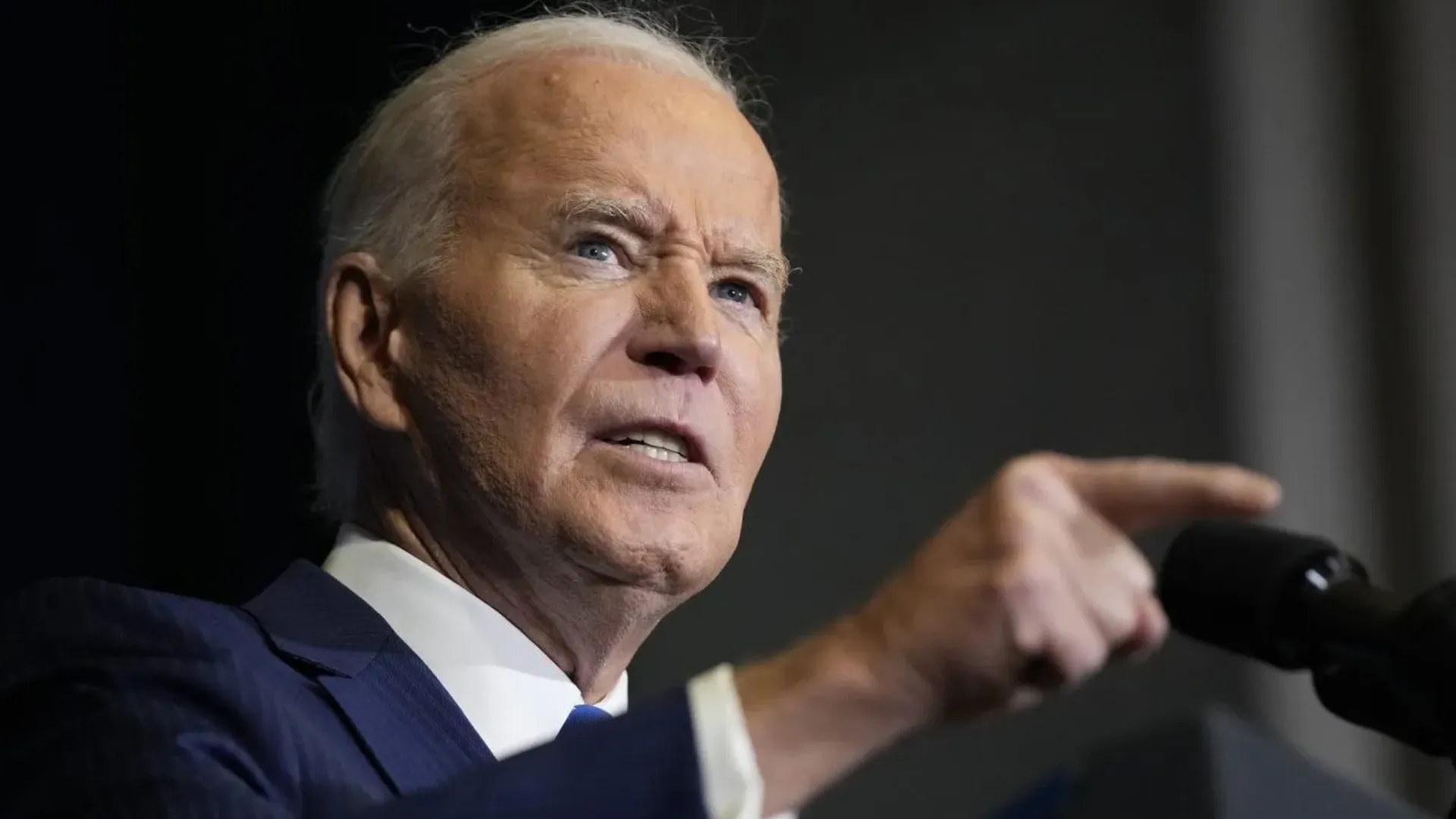As the United States edges closer to losing its measles elimination status, with an outbreak creeping past 600 reported cases and likely many more undetected, Health and Human Services Secretary Robert F. Kennedy Jr. is doing what few public health experts are: claiming victory.
“Our strategy has been very successful… The growth rate has diminished substantially,” RFK Jr. said at a Tuesday press conference, defending the administration’s handling of the largest measles outbreak the country has faced in years.
But beneath the polished delivery and the applause from loyalists, experts and frontline health workers are asking a different question: What strategy?
With undercounted cases, funding cuts to local health departments, and delayed federal intervention, many in the public health world say the only thing spreading faster than measles right now is denial from the top.
As of this week, Texas has reported 505 cases, with additional clusters in New Mexico (56), Oklahoma (10), and Kansas (24). The outbreak began in Gaines County, Texas, but has now spread into 21 Texas counties, including urban areas where population density and low vaccination rates make for a perfect storm.
In Lubbock, where one daycare alone saw seven children under age five infected, local health director Katherine Wells put it plainly: “Our biggest challenge right now is really around younger children.” Many haven’t had their second MMR shot yet. Some aren’t old enough for even one.
Public health workers are scrambling to trace exposures, administer accelerated second doses, and contain clusters without the lab resources and CDC field support they used to have.
“We’re doing more with less, and it shows,” one Texas epidemiologist said. “The outbreak isn’t slowing down — we’re just being told to stop talking about it.”
According to Dr. Amesh Adalja, a senior scholar at the Johns Hopkins Center for Health Security, the official numbers are likely a fraction of reality.
“We think cases are undercounted, particularly in under-vaccinated communities like the Mennonite population where testing is rare and reporting is spotty,” Adalja said. “This outbreak is bigger than any we’ve seen in recent memory — and it may last over a year.”
That one-year mark matters. If the virus continues to circulate unchecked for 12 consecutive months, the U.S. will lose its measles elimination status, a milestone reached in 2000 after decades of public health work.
RFK Jr., once known as an anti-vaccine activist, is now the federal official tasked with keeping that status intact. But critics say his messaging undermines the urgency of the crisis.
“You can’t say something is flattening if you don’t know how big it actually is,” Adalja noted. “RFK Jr. is guessing. And the virus doesn’t care what he guesses.”
RFK Jr. has long been a controversial figure, with a history of spreading vaccine skepticism, appearing on conspiracy podcasts, and clashing with scientists. His appointment to a top health position in the Trump administration was seen by many as a political maneuver, not a public health decision.
Now, as measles sweeps through daycares and schools, that gamble is looking riskier by the day.
“This isn’t the moment for someone who has spent a career questioning vaccines to lead the response,” said Dr. Christina Johns, a pediatric emergency physician. “You need credibility. You need facts. And you need urgency. Not optics.”
Johns noted that measles is one of the most contagious viruses known to medicine. One infected person can spread it to up to 18 others in an unvaccinated population. And still, overall MMR vaccination rates are declining nationwide, with anti-vaccine rhetoric fueling hesitancy.
“Our vaccination rate is slipping, and so is our grip on disease control,” Johns said. “The United States is not a model right now. It’s a cautionary tale.”
As of Tuesday, the outbreak has claimed three lives — two school-age children in Texas and one adult in New Mexico, whose case remains under investigation. All were unvaccinated.
According to the CDC, for every 1,000 measles cases, one or two deaths are expected — often from complications like pneumonia or brain swelling. In this outbreak, that fatality rate is already being met, suggesting a larger number of unreported cases.
In short: the virus is doing what viruses do. It's the leadership that’s failing.
During his press conference, RFK Jr. claimed that the United States was now a “model for the world” in managing the outbreak.
That statement drew swift backlash from health experts, who say the actual model includes:
- Delayed vaccine outreach
- Funding cuts to local public health labs
- Inconsistent federal data collection
- Minimal testing and underreporting
- A leadership voice that downplays the threat
“We don’t have situational awareness, and we’re calling it a win? That’s not science — that’s spin,” Adalja said. “If this is a model, then the world better look elsewhere.”
In the meantime, the virus continues to creep into urban areas and childcare facilities, where populations are both dense and immunologically fragile.
“These are kids too young to have full vaccine protection,” said Wells in Lubbock. “One sick child in a daycare can expose dozens — even hundreds — depending on how far it spreads from there.”
The CDC is now recommending early MMR shots for infants as young as six months in outbreak areas and accelerated second doses for children between 1 and 4 years old. But in places where health departments are understaffed, communication is slow and inconsistent.
“You can recommend anything from a podium,” said one local official. “But out here on the ground, we’re buried in contact tracing, short on staff, and told not to spook the public.”

Public health is often thankless when it works — and painfully visible when it doesn’t. Experts say the best outcome is one where no one gets sick, and that kind of success requires vaccines, messaging, and trust — not last-minute press briefings and reactive spin.
“You can’t flatten a curve you refuse to measure,” said Johns. “And you can’t stop a virus with vibes.”
As measles continues to spread and the clock ticks toward the one-year mark, the question isn’t whether RFK Jr. is failing — it’s how many more people will pay the price for it.





